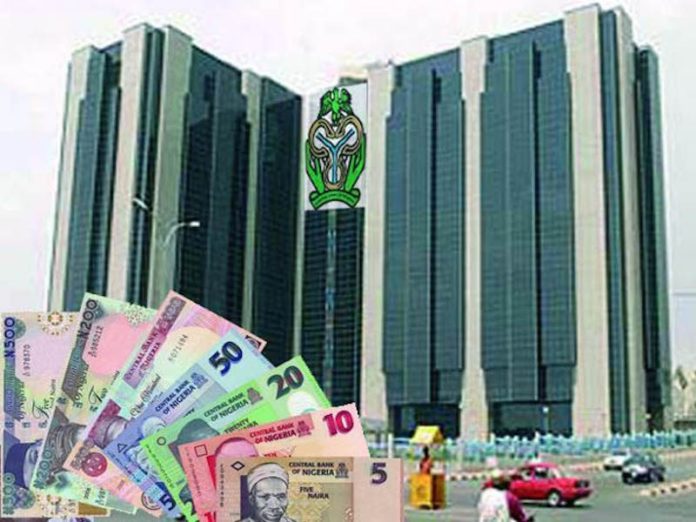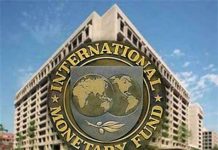The Central Bank of Nigeria’s (CBN) has disclosed currency outside the banking system dropped to N3.66 trillion in July, inferring that its ongoing efforts to tighten liquidity and encourage formal banking deposits are showing promising results.
The development marks the second significant decline this year, reflecting a shift in public behavior towards increased reliance on banking institutions.
The figure represents a 3.32 per cent drop (N130 billion) from June’s N3.79 trillion; a sharper decrease compared to the modest 0.62 per cent (N20 billion) reduction recorded between March and April. The trend suggests that Nigerians are increasingly opting to deposit their money in banks rather than keeping it in cash.
Interestingly, while currency outside banks decreased, the total currency in circulation experienced a slight uptick, rising to N4.05 trillion; a modest increase of just 0.12 per cent. This indicates a stabilization in cash usage across the economy, which financial experts attribute to the growing adoption of digital transactions and regulatory measures effectively managing cash flow.
Financial analysts have noted the importance of this development. The decline in the percentage of currency outside banks, from 93.59 per cent in June to 90.39 per cent in July, signals a significant change in how money is being held, with more individuals and businesses moving towards formal banking channels. This shift is seen as crucial for enhancing financial inclusion and enabling the CBN to exercise greater control over monetary policy.
“This movement towards formal banking is a critical development,” financial experts explained. “It provides the CBN with better tools to manage the economy, particularly in terms of controlling inflation and fostering overall economic stability.”
The reduction in currency outside the banking system also aligns with a slight decrease in Nigeria’s headline inflation rate, which dropped to 33.40 per cent in July from 34.19 per cent in June. This marks the first decline in the inflation rate since December 2022, suggesting that the CBN’s monetary policies may be beginning to curb inflation and stabilise the economy.
As the CBN continues to implement strategies aimed at promoting economic stability and encouraging Nigerians to embrace formal banking, these positive trends could signal a broader transformation in the nation’s financial landscape, with potential long-term benefits for economic growth and stability.










